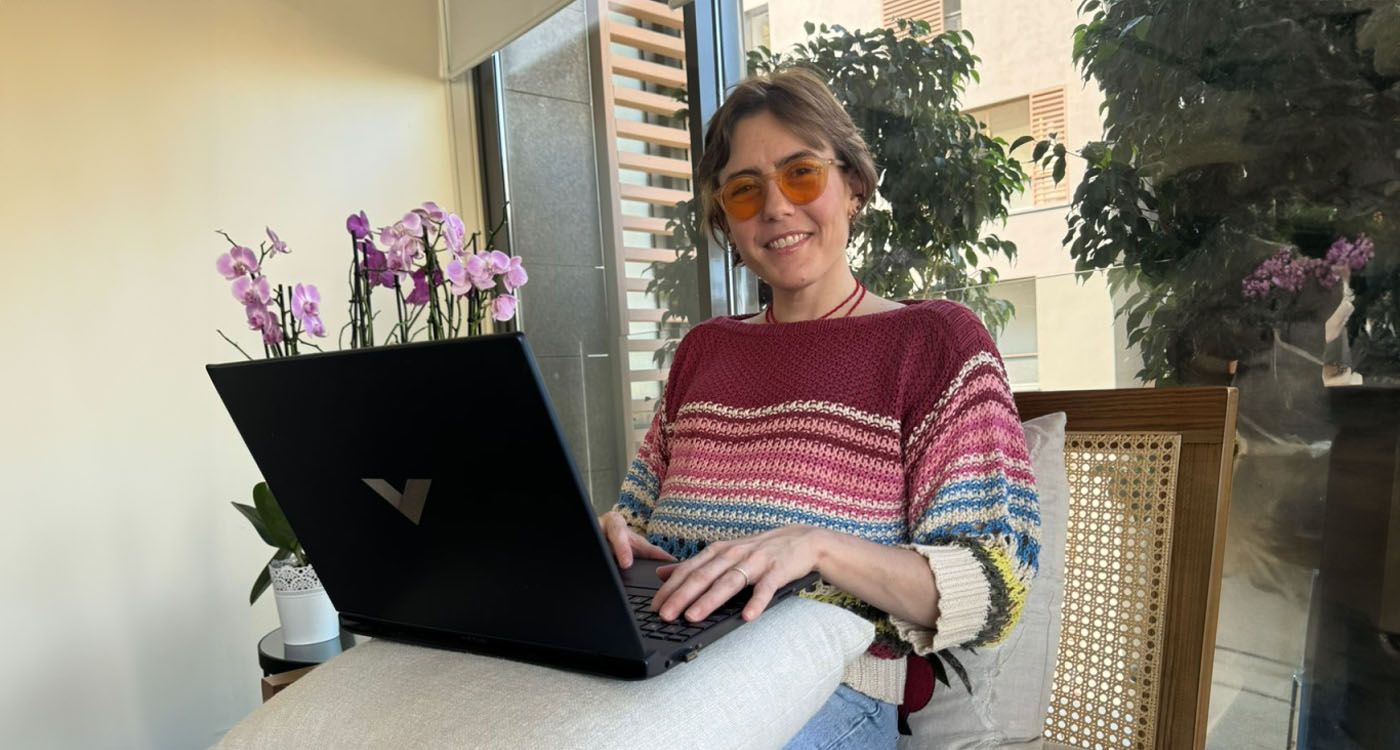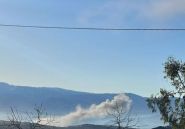
Kickoff on December 28 for a Lebanese initiative that aims to mend battered childhoods by combining mental health, child protection, education, and technological tools.
A modest room, chairs in a circle, guided breathing. At the end of the workshop, a middle-school girl scribbles “I feel lighter” on a sticky note. An ordinary scene in a pilot center of Boukra Nour, an NGO recently founded by Lea Jabre, Georges Debbas, and Me Nada Abdelsater. Their challenge: help children and adolescents reweave emotional bearings and equip the adults around them so that support lasts over time. “Our compass is human dignity, in every sphere where it is at stake,” cofounder Lea Jabre told This is Beirut. “Concretely, we want to help young people overcome social and psychological trauma and build solid, confident identities.”
Healing, Educating, Protecting: The Triad
At the heart of the project, three axes overlap. First, mental health, with age-appropriate workshops on emotional regulation, anxiety, and trauma, supervised by trained professionals. Second, child protection: identifying, referring, documenting, and securing care pathways. Finally, education: putting school, sport, and artistic activities back at the center of young people’s daily lives, to rebuild confidence and routine. “We speak of empowerment: supporting healing, creating environments that foster personal growth and emotional resilience,” Lea Jabre sums up.
Training the Adults Around the Child
Supporting one child is good; training an ecosystem is better. Boukra Nour is betting on upskilling adult “relays”—teachers, educators, social workers, and child-protection professionals. Training programs target child protection, trauma-informed approaches, and early detection of neglect and abuse. The goal: recognize weak signals, adopt the right reflexes, and know how to refer. “We want to offer structured, practical, reproducible curricula, within schools and social structures themselves,” the cofounder explains.
A Tech Hub to Track Cases Better
To prevent situations from getting lost along the way, the NGO is deploying a case-management hub: a secure platform that streamlines pathways between schools, NGOs, municipalities, and health centers. The tool aims to standardize assessments, mark milestones, and document referrals—with safeguards for confidentiality, informed consent, and access rights. “Technology is not a gadget; it’s an accelerator for better-coordinated care,” Lea Jabre stresses. “We want to give frontline actors concrete means to gain in time and in quality.”
Global Practices, Adapted to Lebanon
Boukra Nour relies on therapeutical tools and techniques recognized internationally, with a systematic effort at local adaptation. “We draw on best practices, notably British ones, while contextualizing them to Lebanese realities,” Jabre specifies. The NGO claims transparent, impact-oriented operations and co-built partnerships: “It is the partners—NGOs, ministries, schools, the social sector—who guide our solutions.”
Employment as Social Therapy
The project rests on a conviction: precarity prolongs trauma. Hence a fourth lever—pathways toward micro-jobs or remote employment for young adults, after psycho-social support. The idea: restore self-esteem through social usefulness and loosen the economic vice that weakens families. Private partners will be mobilized to open progressive assignments, with 6–12-month follow-up.
Local Partnerships, or Nothing
Boukra Nour does not want to “land from above.” The NGO aims for anchored pilots: one area, identified actors, a calendar, measurable objectives. “We are seeking alliances with NGOs, ministries, the education system, and the social sector. Together we will fill the gaps in the current system,” Jabre says. “Our diagnosis: there are holes in the net—we want to fill them through innovation, technology, and training.”
Legal Status
“The process of registering Boukra Nour as an NGO is well underway with the competent authorities,” Lea Jabre tells This is Beirut. “We got a head start,” she adds proudly.
Safeguards: Ethics, Data, Supervision
Because the subject matter is sensitive, three red lines are set: 1) clinical supervision by accredited professionals, with reference frameworks and referral procedures in cases of severe disorders; 2) data protection: consent, encryption, restricted access, anonymized dashboards; 3) safeguarding: a written child-protection policy, an anonymous complaints mechanism, and scheduled external audits. “Transparency and evidence: non-negotiable,” the cofounder insists.
What Early Signals Say
On the ground, simple indicators will steer the compass: attendance, returns to school, decreases in anxiety/trauma scores on validated scales, satisfaction among families and educational teams, and continued follow-up at three and then six months. “We do not promise miracles; we promise seriousness: concrete progress, week after week,” Lea Jabre says.
See You in December
Boukra Nour will give the kickoff on December 28 with a soft launch detailing programs, partners, and first sites. “We cannot do it alone: we need founding sponsors and partners who believe in a better future for the next generation,” Jabre concludes. The ambition is both modest and tenacious: fewer promises, more proof—in service of a simple but exacting idea. A child supported today becomes an adult who stands tall tomorrow.




Comments